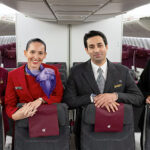
AIRLINES: Situation worse than in June! Australian on-time arrivals, departures and cancellations for July
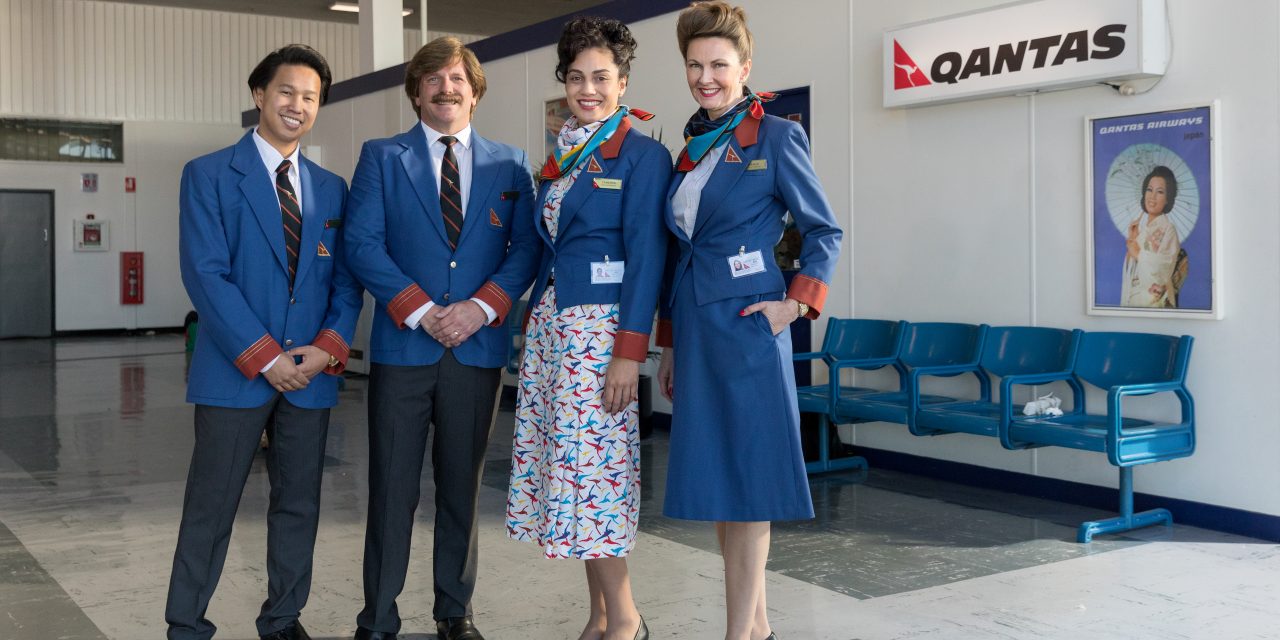
We all know airlines have had a bit of a horror stretch meeting staffing requirements for holiday demand. As a result, most airlines in Australia and internationally have been reducing the number of flights they operate to more closely match their available staff.
We all thought the June figures were pretty dreadful, with airlines cancelling 5.8% of flights. Well, in July it got worse, with 6.4% of flights cancelled. The only upside, is that it is way down on the appalling figures for January 2022 when 11.8% of scheduled flights got cancelled.
REX comes out as the star, recording only 2.1% of scheduled flights being cancelled.
According to the Bureau of Infrastructure and Transport Research Economics (BITRE) July weather contributed to the increase in cancellations, as did congestion caused by the number of flights and sectors flown approaching pre-pandemic levels. COVID-19 and its related issues also need to take some of the burden according to the report.
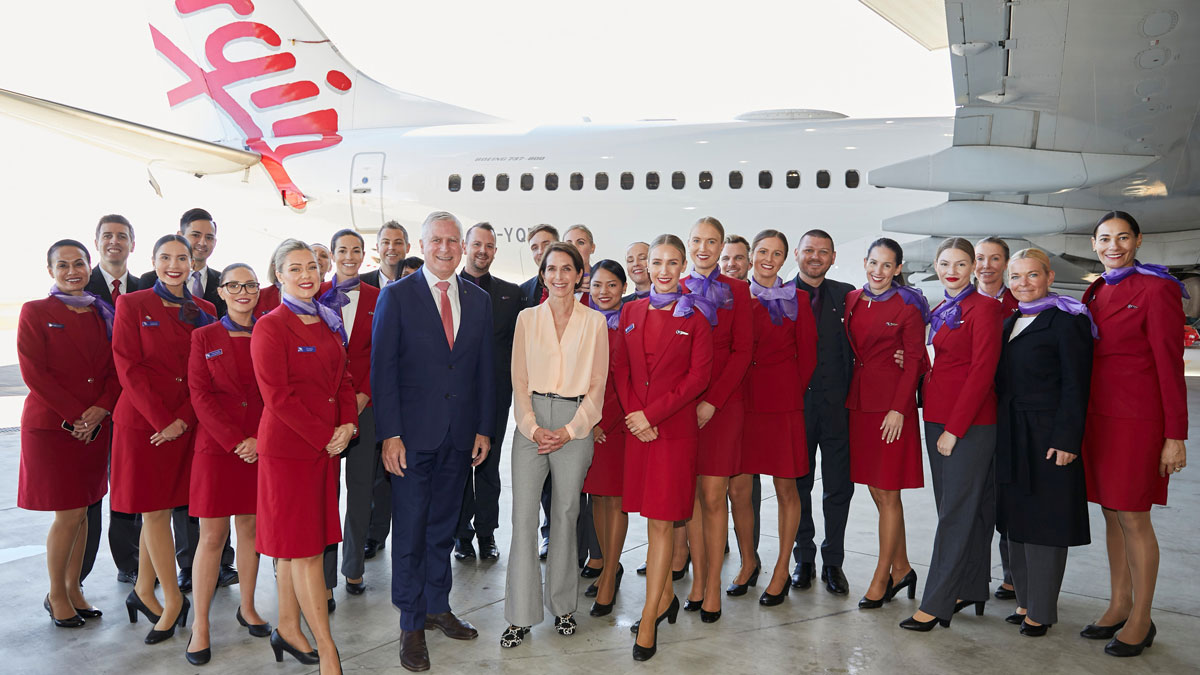
Content of this Post:
Background
Staff shortages have been caused by the number of people airlines laid off during the pandemic, the number they have currently re-hired, recruited and trained, and the rates of absenteeism due to sickness, mainly COVID-19 and the seasonal flu.
Staffing has been an issue across the board, whether it be pilots, flight attendants, airport security staff or baggage handlers. Various corporate activities, like Qantas illegally sacking about 1,500 baggage handlers and other ground staff and then outsourcing their supply, have also contributed to the issue. However, it is almost impossible from the publicly available facts and figures to determine how much that particular act contributed to the situation.
Although the Australian press tends to concentrate on the local situation, recording the extraordinary queues outside Terminal 2 in Sydney, it is really an international phenomenon that has bedevilled the travel industry in most countries as it comes to grips with the surge in travel demand since vaccinations have been available for COVID-19.
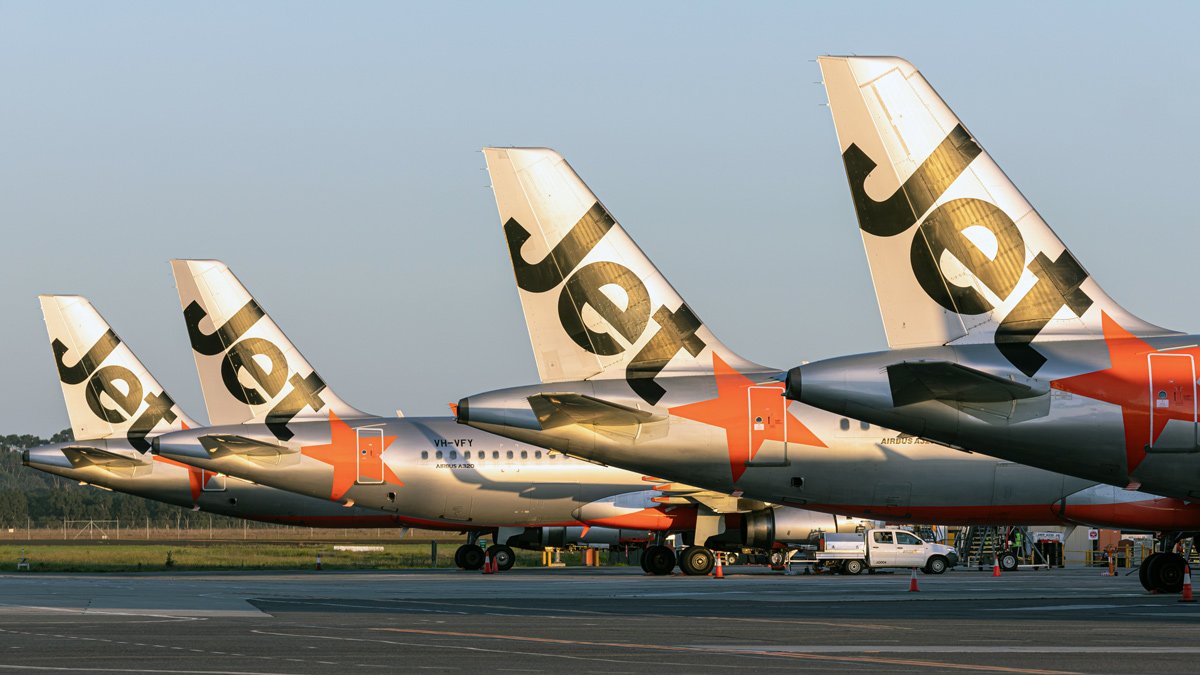
Cancellation Rates
The Qantas budget offshoot Jetstar was the worst, cancelling one in roughly every 11 to 12 flights (8.8%). Virgin came in 2nd worst in cancellations with 7.7%. In that light, Qantas did relatively OK with cancellations of 6.2% – their best score in the last six months.
Virgin claims that its August results will be much better according to the AFR at about 3.1%. Qantas is hoping that its additional 1500 staff recruited since April and changes to their route schedules will help improve their performance.
You can judge for yourself by looking at the table below drawn from the BITRE report:
Total Industry On-Time Performance for July 2022
| Reporting Airlines | Sectors Scheduled | Arrivals On Time % | Departures On Time % | >Cancellations % |
|---|---|---|---|---|
| Jetstar | 7 201 | 51.5 | 47.7 | 8.8 |
| Qantas – all QF designated services | 19 527 | 53.0 | 52.3 | 6.2 |
| Rex Airlines | 6 559 | 68.3 | 70.6 | 2.1 |
| Virgin Australia – all VA designated services | 11 864 | 52.5 | 50.9 | 7.7 |
| All Airlines | 45 151 | 55.0 | 54.0 | 6.4 |
| Individual operating entities | ||||
| Qantas | 8 160 | 47.1 | 45.3 | 5.6 |
| QantasLink | 11 367 | 57.3 | 57.5 | 6.5 |
| Virgin Australia | 11 188 | 52.6 | 51.1 | 7.8 |
| Virgin Australia Regional Airlines | 676 | 50.5 | 47.6 | 5.9 |
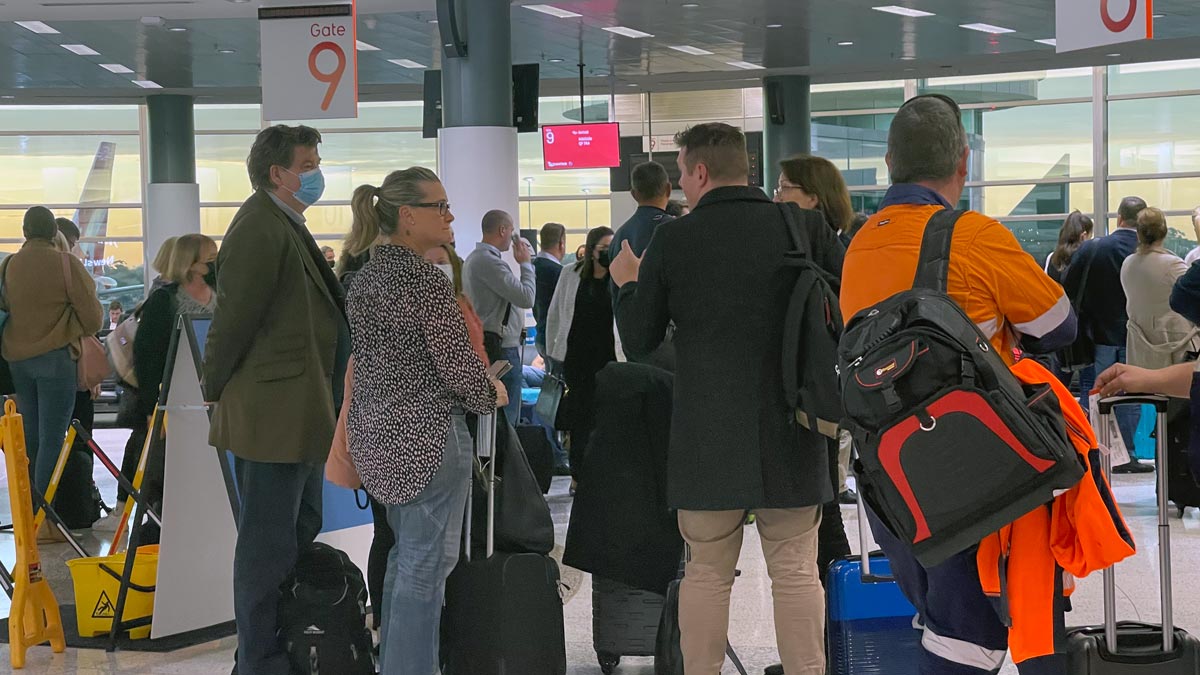
2PAXfly Takeout
This is another timely reminder to wear your seatbelt when seated. Holding you close to your seat will protect you from the sort of injuries sustained on this flight, when unsecured passengers flew to the ceiling of the aircraft, and then came crashing down once the ‘drop’ ceased.
The hope will be that this is an anomaly – a ‘freak accident’ in casual parlance. If it is a systemic error either mechanical or electronic, then this is a larger concern for the airlines that fly Boeing Dreamliner 787 aircraft. Let’s hope it isn’t. If it is, it will pile on the woes to Boeing’s existing stack.
The inability of airlines to adapt to the changes in demand in the past 12 or so months is damaging their reputations across the globe. That, mixed with high fares, lost luggage, and diminished customer service, whether it be on a flight, online, or from a call centre, has proved very frustrating for passengers.
Qantas – which has recruited Australians to have almost nationalist brand ownership of their services, has perhaps suffered the most, absolutely diminishing the ‘Spirit of Australia’ reputation.


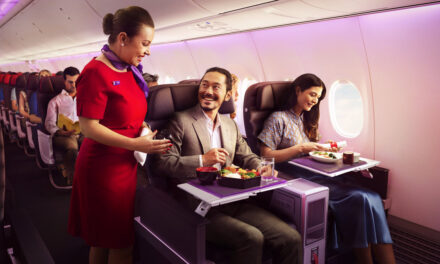
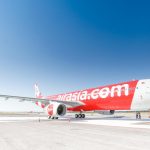

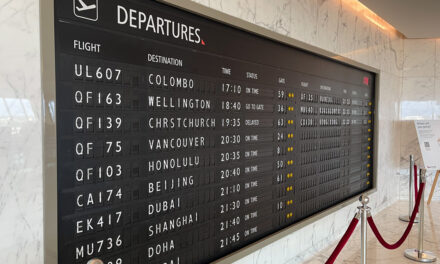
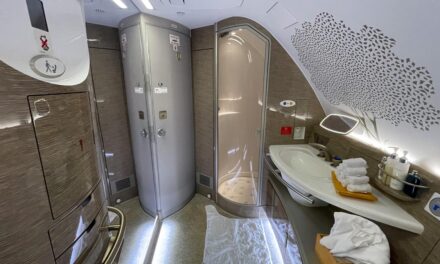

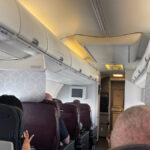



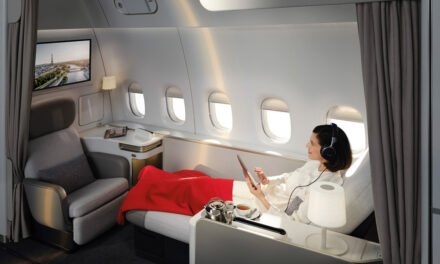
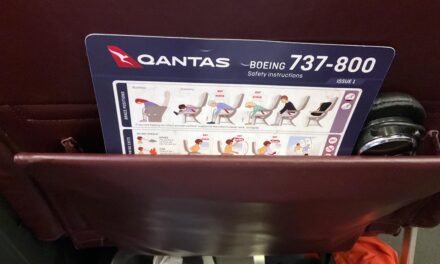
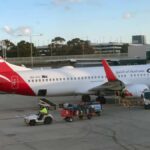

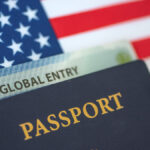


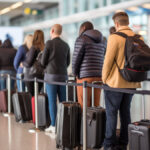
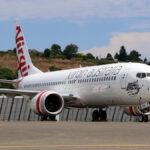

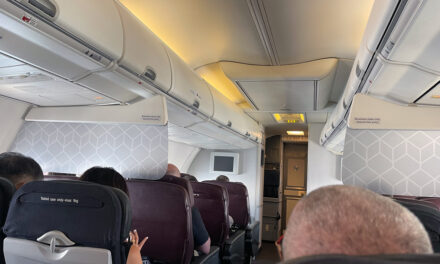



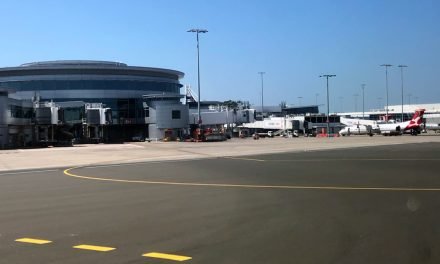
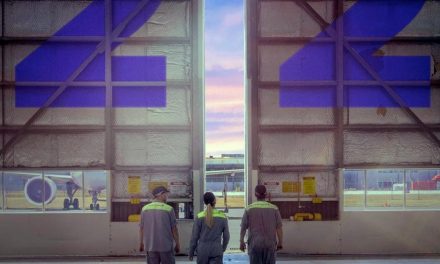
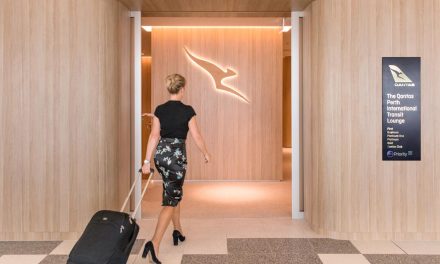







What did you say?